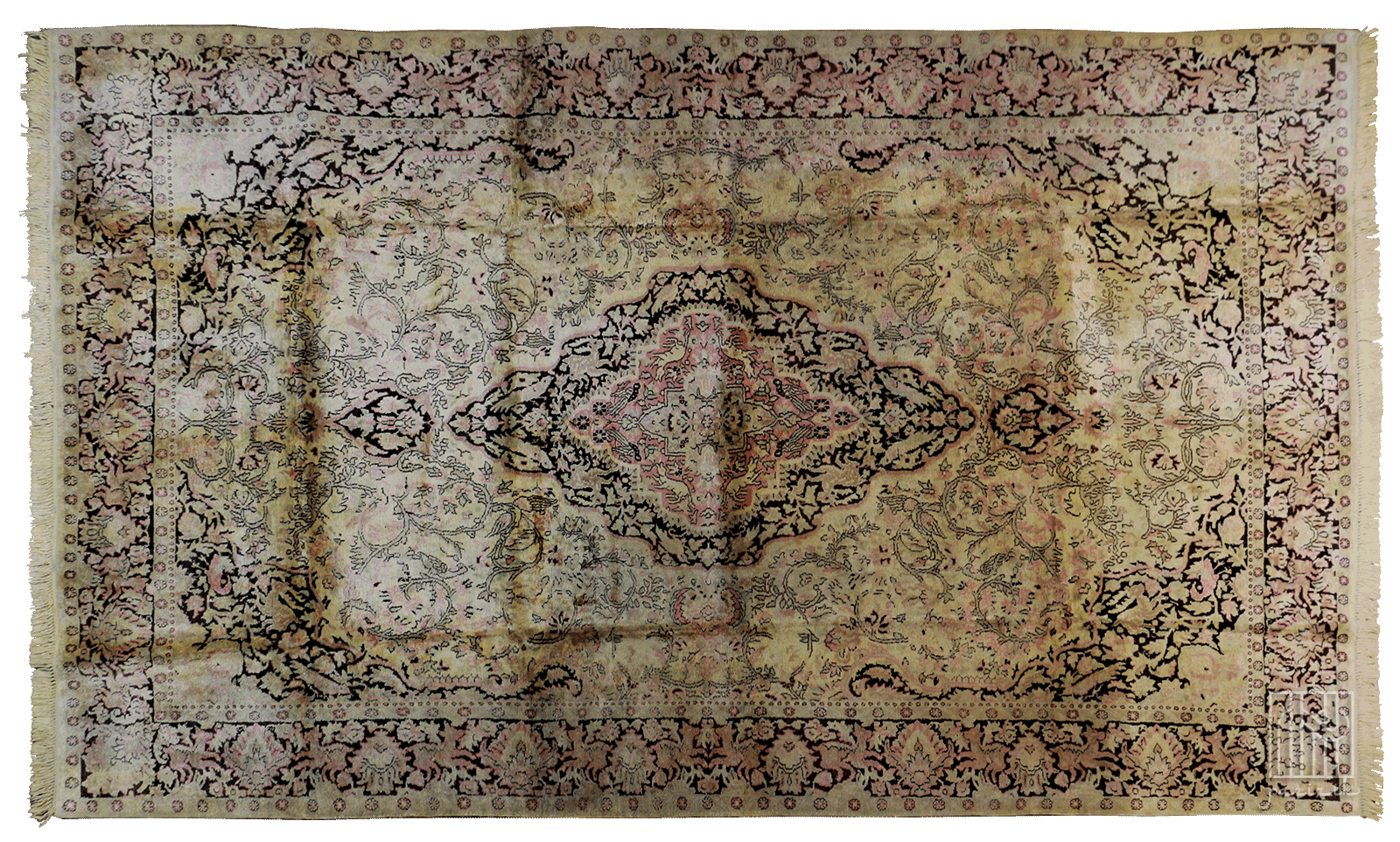Why Hand-harvested Textiles are Long-lasting for Artisanal Matting
페이지 정보

본문
When it comes on artisanal rugs, some people usually opt over organic fibers instead synthetic ones, and for good cause. Natural fibers have been utilized over generations in the production of artisanal rugs, and their effectiveness shouldn't be.
One the main benefits of natural fibers for handmade carpets are their resilience. Natural fibers including cotton, silk, and jute are resilient and can moderate foot activity and regular wear and tear. However is since natural materials are made up simple molecular structures that offer extraordinary strength and flexibility. In contrast, man-made materials can degrade rapidly, fading their shape and color over time.
Another benefit in natural materials for artisanal carpets is their aesthetic appeal. Organic materials have a unique texture and color that cannot be replicated with man-made fibers. Cotton, for, has rich earthy tone that adds depth and warmth to an room. Linen, on the other hand, has a subtle sheen that catches the light, creating them a popular option in high-end homes. Natural fibers also develop an lovely finish through time, giving handmade rugs a warm glow that synthetic fibers plainly cannot compare.
In addition to resilience, aesthetic appeal, natural materials are too known for their health benefits. Organic fibers such wool and jute are portable, enabling airflow air and water transfer that helps to adjust indoor heat and humidity levels. This are especially beneficial to individuals who have allergies, as organic fibers enhance more indoor air quality.
Additionally, organic fibers are too further environmentally friendly than its synthetic equivalents. Organic fibers are biodegradable meaning they can be recycled and restored at the earth at the end of its lifespan. In comparison, man-made materials contribute with plastic problem and discard, affecting our planet.
Finally, organic fibers for handmade carpets too offer a distinct cultural and timeless significance. Over generations, natural materials have used in traditional texiles and textiles, passing down methods and designs between group to group. By choosing handmade carpets made from organic materials, buyers are not investing in item of design but also aiding local craftsmen and saving customary craftsmanship.
In conclusion, natural materials are a long-lasting option in handmade carpets due to their resilience, visual appeal, health benefits, ecological friendliness, and иранские ковры anthropic significance. Whether the rich colors from wool or the subtle sheen on silk, organic fibers enhance character and warmth to an room. By choosing artisanal carpets made of natural materials, investors can invest beautiful lasting pieces that not only improve their homes but too aid local craftsmen and save traditional skills
One the main benefits of natural fibers for handmade carpets are their resilience. Natural fibers including cotton, silk, and jute are resilient and can moderate foot activity and regular wear and tear. However is since natural materials are made up simple molecular structures that offer extraordinary strength and flexibility. In contrast, man-made materials can degrade rapidly, fading their shape and color over time.
Another benefit in natural materials for artisanal carpets is their aesthetic appeal. Organic materials have a unique texture and color that cannot be replicated with man-made fibers. Cotton, for, has rich earthy tone that adds depth and warmth to an room. Linen, on the other hand, has a subtle sheen that catches the light, creating them a popular option in high-end homes. Natural fibers also develop an lovely finish through time, giving handmade rugs a warm glow that synthetic fibers plainly cannot compare.
In addition to resilience, aesthetic appeal, natural materials are too known for their health benefits. Organic fibers such wool and jute are portable, enabling airflow air and water transfer that helps to adjust indoor heat and humidity levels. This are especially beneficial to individuals who have allergies, as organic fibers enhance more indoor air quality.
Additionally, organic fibers are too further environmentally friendly than its synthetic equivalents. Organic fibers are biodegradable meaning they can be recycled and restored at the earth at the end of its lifespan. In comparison, man-made materials contribute with plastic problem and discard, affecting our planet.
Finally, organic fibers for handmade carpets too offer a distinct cultural and timeless significance. Over generations, natural materials have used in traditional texiles and textiles, passing down methods and designs between group to group. By choosing handmade carpets made from organic materials, buyers are not investing in item of design but also aiding local craftsmen and saving customary craftsmanship.
In conclusion, natural materials are a long-lasting option in handmade carpets due to their resilience, visual appeal, health benefits, ecological friendliness, and иранские ковры anthropic significance. Whether the rich colors from wool or the subtle sheen on silk, organic fibers enhance character and warmth to an room. By choosing artisanal carpets made of natural materials, investors can invest beautiful lasting pieces that not only improve their homes but too aid local craftsmen and save traditional skills

- 이전글One Word: AdEngage 25.03.28
- 다음글Exploring Electronic Electromagnetic Braking Technology Common Issues. 25.03.28
댓글목록
등록된 댓글이 없습니다.

